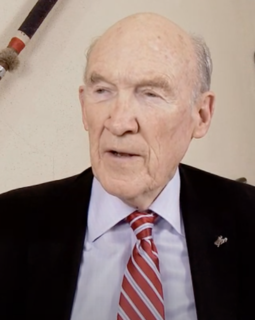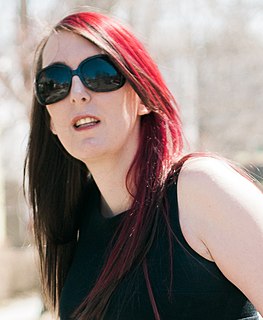A Quote by David Lagercrantz
I wrote about Alan Turing, the great mathematician and code-breaker. He was an absolutely different person, certainly more brilliant than I ever will be.
Related Quotes
Alan Turing is so important to me and to the world, and his story is so important to be told, so it was a big thing to take up, and I was a little petrified. Like, who am I to write the Alan Turing story? He's one of the great geniuses of the 20th century - who was horribly persecuted for being gay - and I'm a kid from Chicago.
There's a definite sense this morning on the part of the Kerry voters that perhaps this is code, 'moral values,' is code for something else. It's code for taking a different position about gays in America, an exclusionary position, a code about abortion, code about imposing Christianity over other faiths.



























